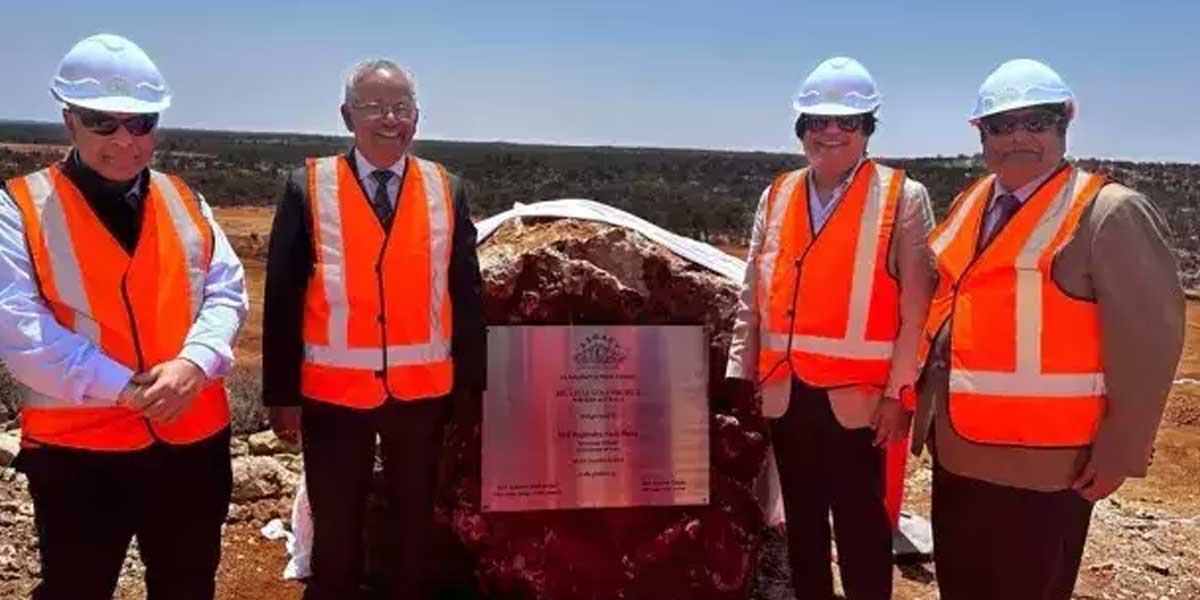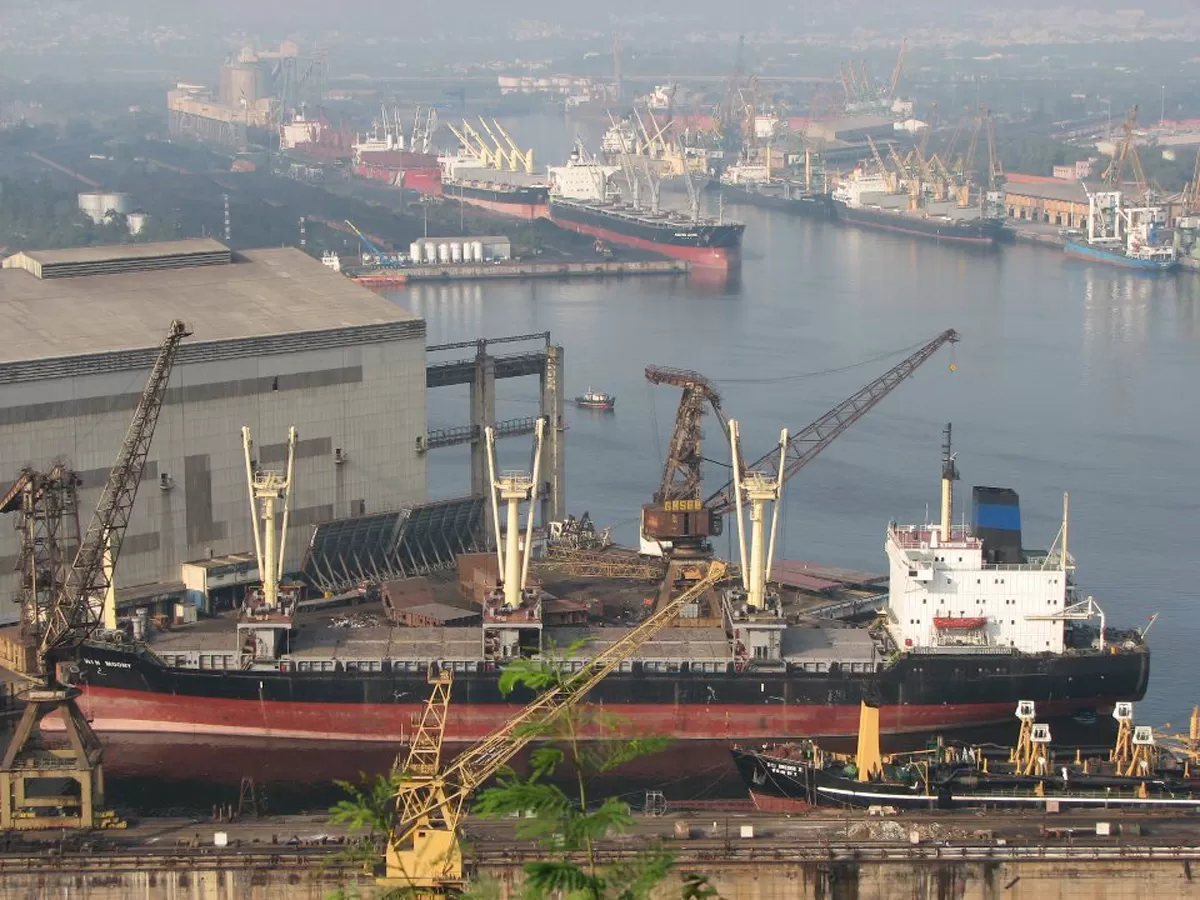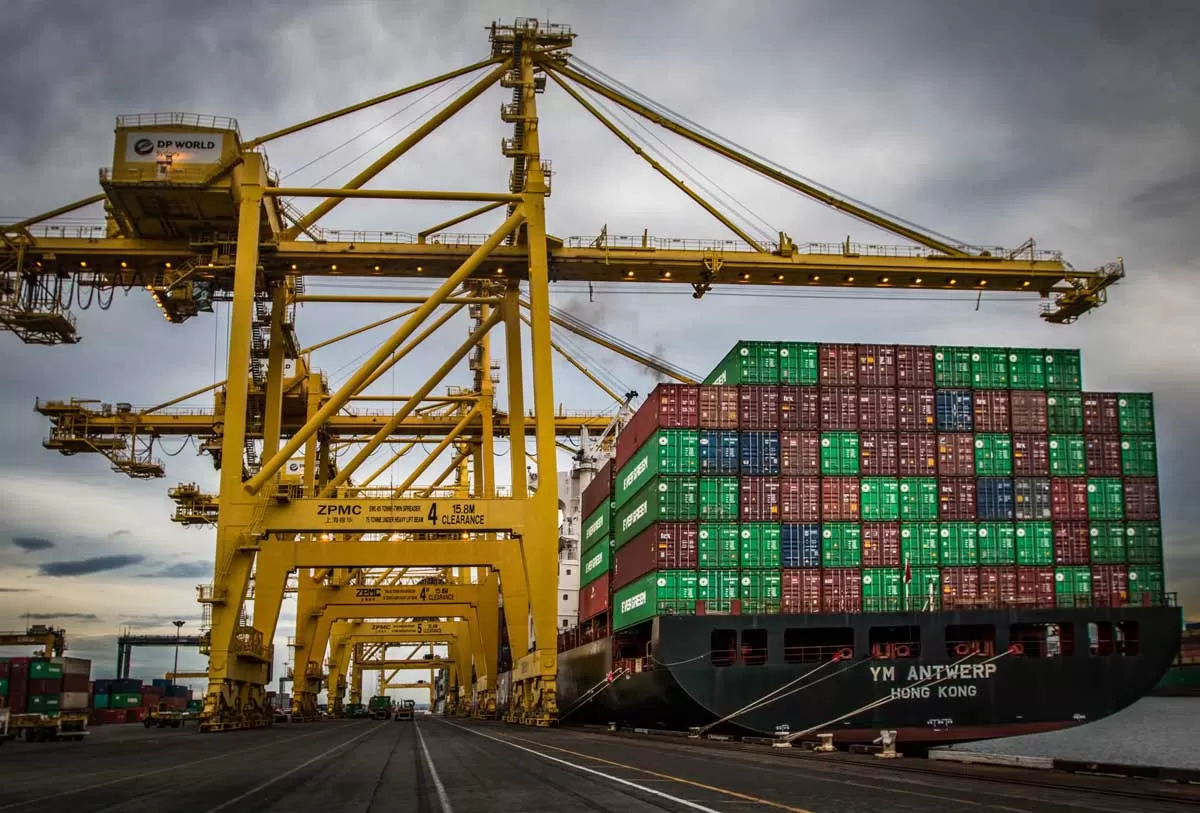

GHMC Plans Multi-Level Parking to Ease Charminar Parking Problems
Parking challenges around Hyderabad’s iconic Charminar monument are expected to be resolved through the construction of a modern multi-level parking (MLP) complex. The Greater Hyderabad Municipal Corporation (GHMC) has revealed plans for this ambitious project, which will be developed under a public-private partnership (PPP) model. The initiative aims to address the increasing demand for parking spaces in the area.Charminar, a historic landmark attracting thousands of visitors daily, has long faced infrastructural shortcomings, especially concerning parking. The narrow lanes and limited spac..

Kochi Launches New Drive to Boost Sustainable Shipbuilding and Repairs
India’s shipbuilding and marine services sector is on the brink of a significant transformation as Cochin Shipyard (CSL) has partnered with the global maritime giant Drydocks World to establish a network of ship repair clusters throughout the country.This initiative aims to develop a resilient, self-reliant, and technologically advanced marine ecosystem in line with India’s Maritime Vision 2030. The strategic partnership was reaffirmed during a high-level visit in Kochi earlier this month, where both organisations discussed immediate collaboration at the newly established International Shi..

Kandla Shipyard Cancels Tender Following Receipt of Single Bid
The Deendayal Port Authority (DPA) has cancelled its tender for developing a 2,000-acre integrated shipbuilding cluster at Kandla, Gujarat. This decision came after the receipt of only one bid—from a consortium consisting of Pune-based Accurate Industrial Controls and Korea Maritime Consultants Co, (KOMAC)—which failed to meet the strict qualification requirements outlined in the tender.The DPA's tender aimed to boost India’s shipbuilding capabilities and required that participating entities must have directly designed, executed, and constructed a shipyard capable of producing Very Large..














